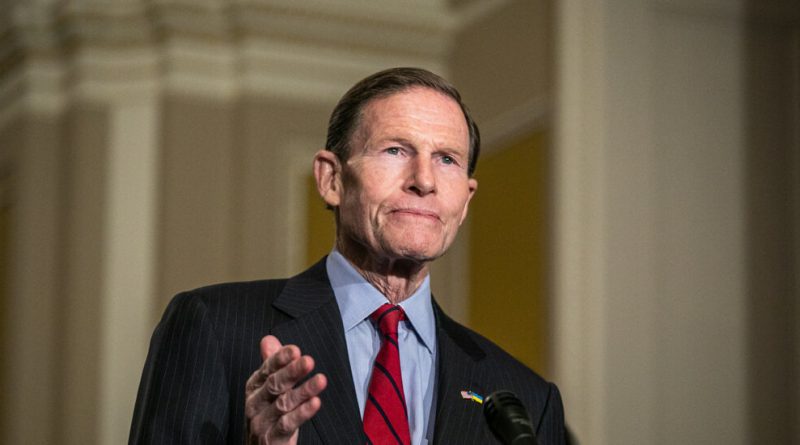The Titanic PGA and LIV Golf Deal Stokes Anger on Capitol Hill
[ad_1]
The trouble for the wealth fund and the tour is that Washington also has a bipartisan affection for lawmakers imitating sports executives, and browbeating actual ones, in public and in private. It can be good politics to glower at the commissioners who draw more jeers than many elected officials, and headline-making hostility from Congress could complicate the golf industry’s quest to sell the deal to the public — and then move past it.
The tour and the wealth fund can take some comfort in history, which suggests a successful congressional effort to thwart the deal directly is unlikely. The Hill, though, could still seek to make the transaction painful beyond a feisty public hearing or two. A change to the tour’s tax status, like the one envisioned in the bill introduced in the House, could cost it millions of dollars a year because it has been structured as a “business league” that is exempt from taxes under section 501(c)(6) of the Internal Revenue Code.
Groups like the PGA Tour have combated legislative headaches surrounding their tax-exempt status in the past, with one effort to end the practice for sports leagues vanishing from a 2017 tax bill at the last moment. In the past 18 months, years after the N.F.L. and Major League Baseball surrendered their exempt statuses, public records show that the tour has spent at least $640,000 on lobbying, with much of that work tied to “tax legislation affecting exempt organizations.”
As a part of his inquiry, Blumenthal on Monday demanded documents related to the tour’s tax-exempt status and, in his letter to the tour, wondered whether the deal would allow a foreign government to “indirectly benefit from provisions in U.S. tax laws meant to promote not-for-profit business associations.”
Senator Ron Wyden, Democrat of Oregon, who is chairman of the Senate Finance Committee, similarly seethed that the tour had “moved itself right to the top of the leaderboard in terms of most questionable tax exemptions in professional sports.”
But Wyden has also suggested that the deal should run into resistance before the Committee on Foreign Investment in the United States, a Treasury Department-led committee that examines national security implications of foreign investments in real estate and American companies.
Whether there are serious national security concerns about a deal involving golf tours, or whether the committee will even review the agreement at all, is unclear. Janet Yellen, the secretary of the Treasury, said last week that it was “not immediately obvious” to her that the agreement related to national security. But Wyden, who is planning a congressional investigation of his own, has signaled his interest in the department’s exploring whether the deal could give “the Saudi regime inappropriate control or access to U.S. real estate,” most likely through the tour’s Tournament Players Club collection of golf courses.
